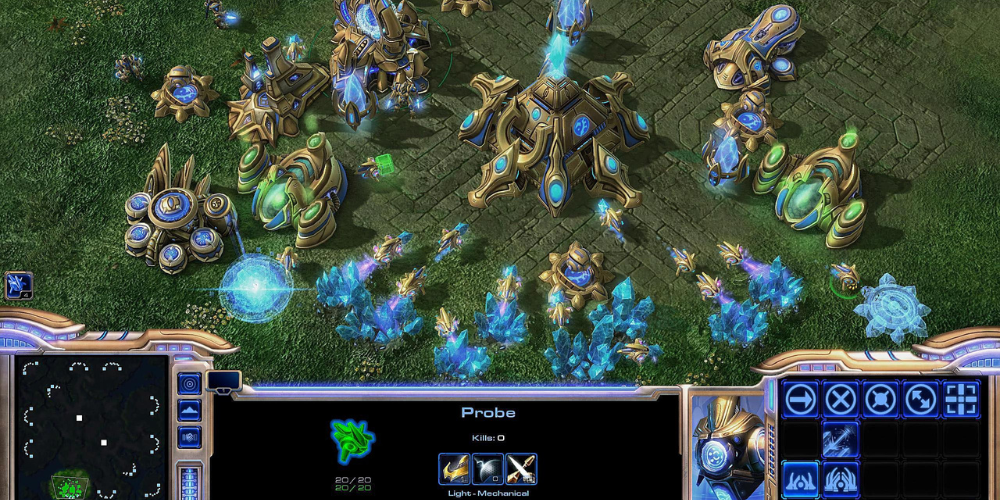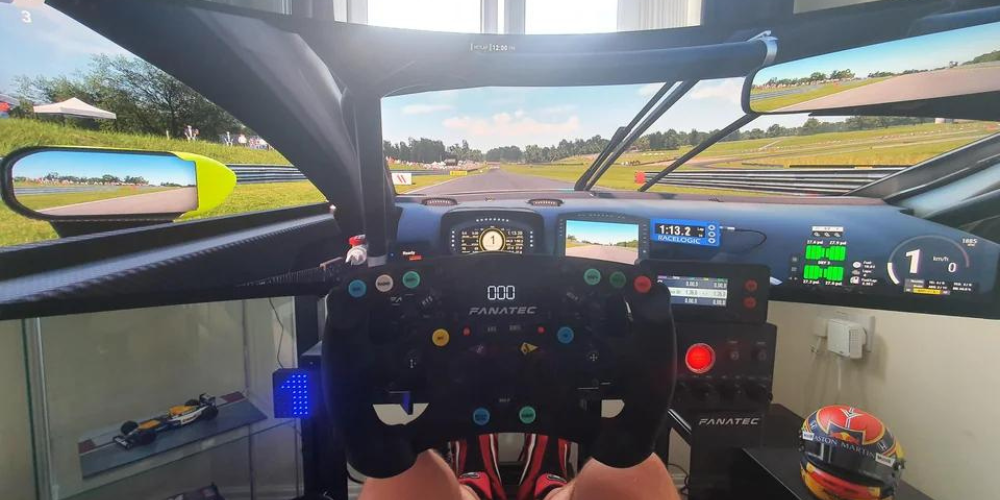Exploring the Influence of Video Games on Brain Development and Cognitive Capabilities
- 2024-02-16

The influence of video gaming on brain function and mental skills has sparked significant discussions among researchers, teachers, and family members. While some believe that video games may impair cognitive development, others argue that they can enhance cognitive abilities. The objective of this article is to explore this topic thoroughly, offering an in-depth analysis of the impact video games have on the development of the brain and cognitive abilities.
The Dual-Processing Model and Video Games
Before discussing the influence of video games on the brain, it is essential to understand the dual-processing model. This model, a fundamental concept in cognitive neuroscience, states that our brain processes information in two ways: the automatic, intuitive system and the reflective, logical system. Video games are unique in that they engage both systems, requiring players to respond instinctively while also strategizing and problem-solving.
Video Games and Brain Plasticity
Recent studies have shed light on how video games can enhance brain plasticity - the brain's ability to change and adapt based on experiences. Regularly playing video games activates the prefrontal cortex, the part of the brain responsible for decision-making, cognitive control, and abstract thinking. This activation may result in increased grey matter volume in this area, leading to enhanced cognitive flexibility and problem-solving abilities.
The Role of Strategy Games in Cognitive Enhancement
Strategy video games, such as chess and puzzle games, can notably improve cognitive abilities. Players must engage in critical thinking, strategize by planning future moves, and base their decisions on the results of their prior actions in these games. By continually challenging the brain, these games can enhance cognitive flexibility, executive function, and spatial cognition.

Action Video Games and Attention Skills
Action video games, such as first-person shooters and racing games, can have a profound impact on attention skills. These games require players to focus on multiple stimuli simultaneously, enhancing both selective and divided attention. Recent studies have shown that action video game players have better visual-spatial skills, faster reaction times, and improved working memory.

The Potential Risks of Video Games
While video games can enhance cognitive abilities, it is crucial to consider potential risks. Excessive gaming can lead to problematic behavior, such as gaming addiction. Moreover, violent video games may desensitize players to aggression, potentially influencing their behavior. Therefore, it is essential to ensure a balanced approach to video game usage, integrating them as a part of a healthy lifestyle rather than a substitute for physical activities and social interactions.
Striking a Balance
It is essential to find an equilibrium between playing video games and engaging in different pursuits. Parents and educators should monitor the type and amount of video games children play, ensuring they are age-appropriate and do not interfere with schoolwork, physical activity, and social interactions. Additionally, promoting a diverse range of games - including strategy, puzzle, and action games - can help enhance different cognitive skills.

Bottom Line
Playing video games can profoundly influence the development of the brain and enhance mental processes. They engage both the automatic and reflective systems of the brain, enhance brain plasticity, and improve cognitive flexibility, executive function, attention skills, and more. However, it is essential to strike a balance, ensuring that gaming is part of a healthy lifestyle. As our understanding of the brain and video games continues to evolve, it is clear that these popular pastimes offer more than just entertainment - they are a powerful tool for cognitive development.






